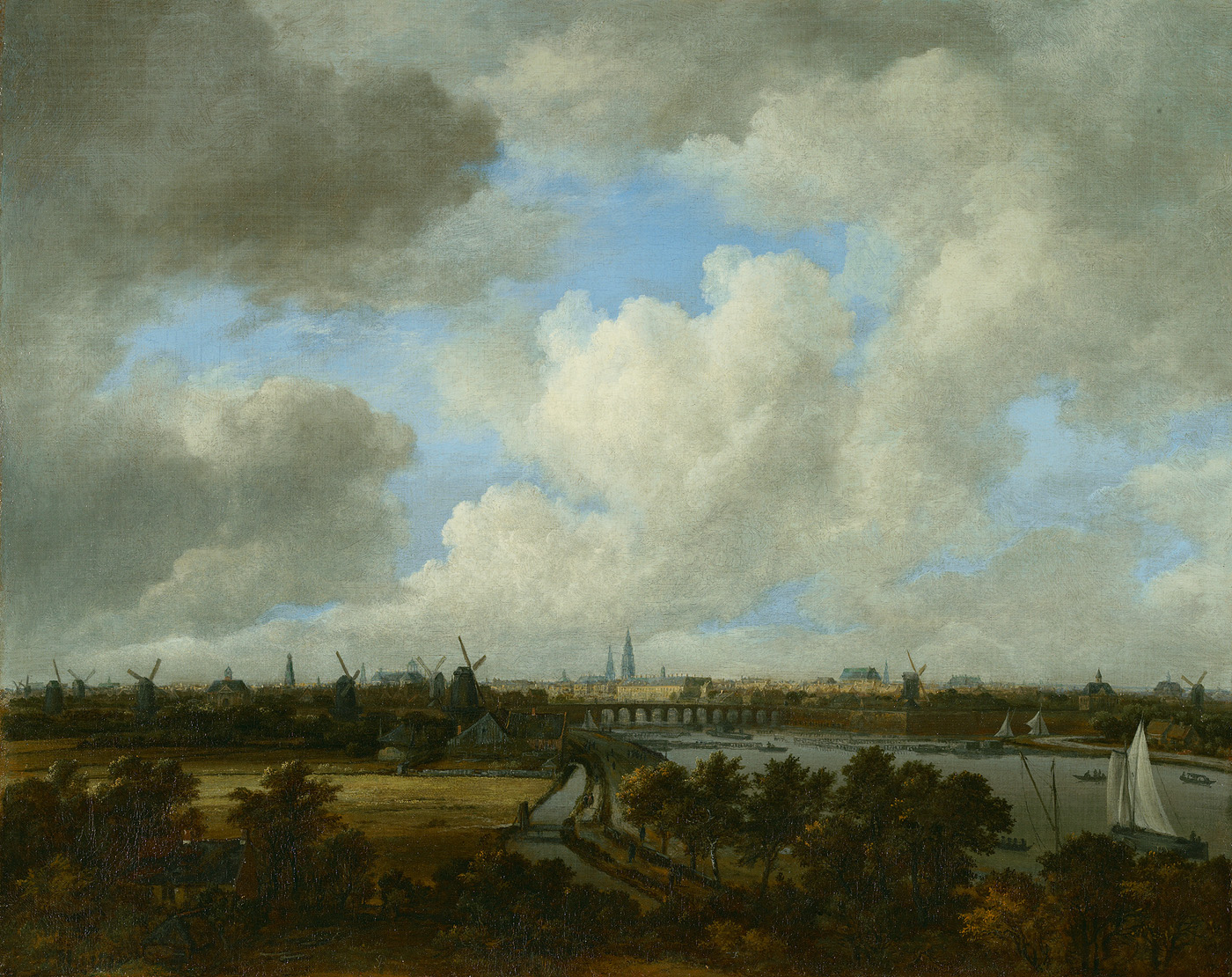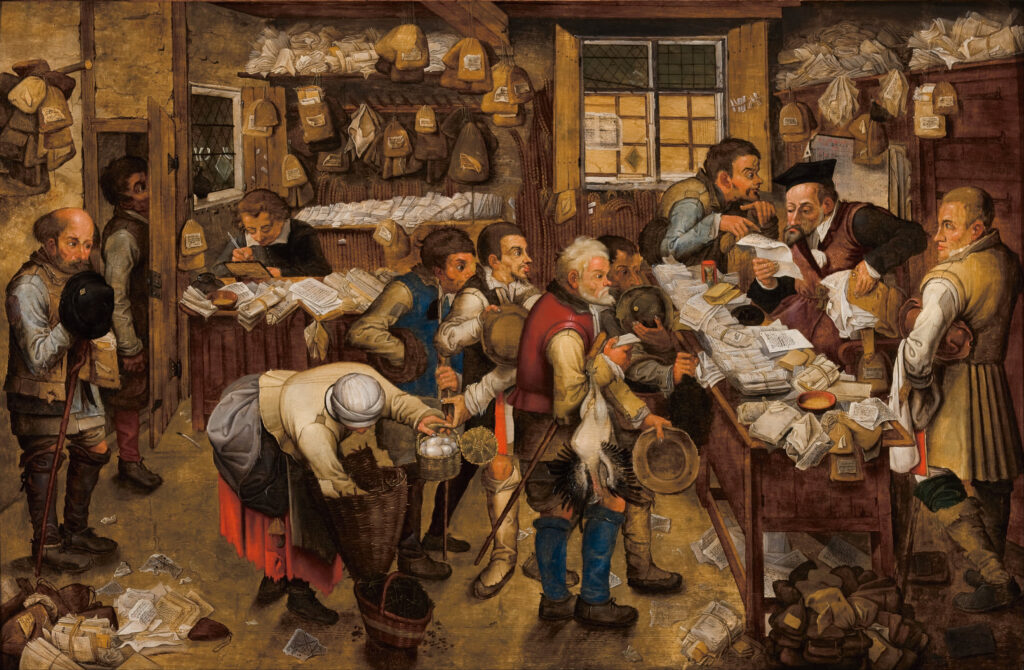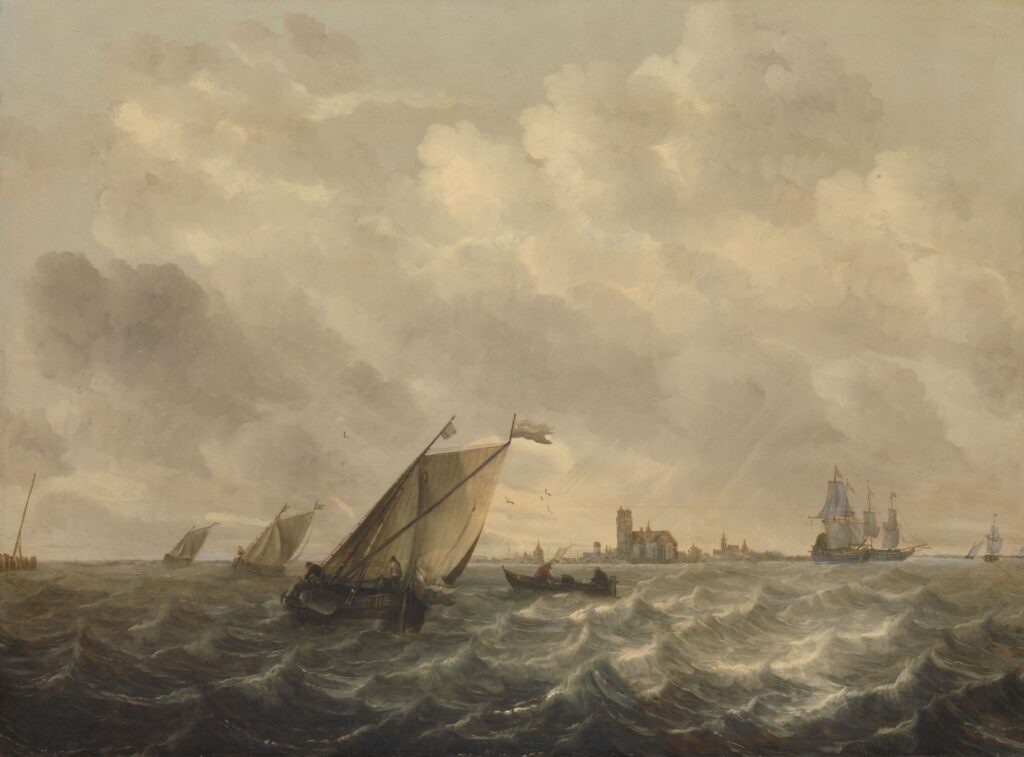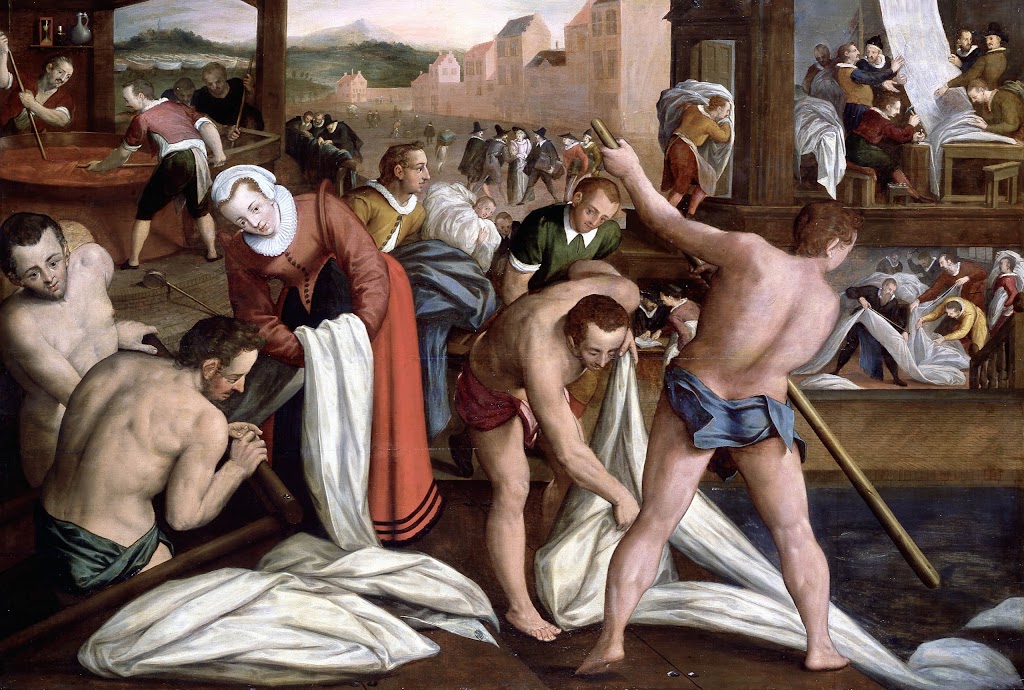
Our Projects
We created this website to write and present a legal history of cities. Find out more about our research projects, based at Tilburg University in The Netherlands!
Multilevel Governance in Late Medieval and Early Modern Cities of Commerce
Our projects seek to elucidate processes of law-making and normativity in important cities of commerce in late medieval and early modern North-Western Europe. Through our special focus on Dutch and German cities located on the Rhine and its branches, it will become clear how both external (inter-city communications, relations) and internal (urban professionals, guilds) influences shaped urban law and legal procedures before the rise of the nation state. The combined empirical data of the envisaged work packages will provide the foundation for a broader theoretical framework, which allows to analyse and conceptualise change in premodern legal and governmental practices. We especially focus on their deliberative and reflexive elements. Studying the rich history of governance and institutions in the past within and beyond our current national borders allows to reflect on crucial elements of the ‘new culture of governance’ that is often called for in the present. This project aims to elucidate these topics by highlighting the daily practice of governance, which favours an actor-centred approach to our sources. On the basis of archival sources, we will clarify, illustrate, and analyse the agency of urban officials in shaping the law and policies that were key to the economic conjuncture in this period. The results of these legal and institutional-historical analyses also help us to reflect on contemporary challenges.
Project – Professionals and the People
This project analyses urban governance in the late medieval and early modern Northern Low Countries, with special attention for administrative officials.

Project – The Rhine as Legal Entity
This project explores multilevel governance and intercity relations across the Rhine region in the 16th century, with special attention for the wine trades.

Project – Governing the Commons
This project investigates how centuries-old practices of urban governance might reshape our understanding of contemporary water management.

About this project
Where are these projects based? Are they connected to larger research programs?
The principal investigators of these projects are all affiliated with the department of Public Law and Governance of Tilburg Law School. Our research is embedded in the theme ‘Urban Constitutionalism and Governance’ of the research program Global Law and Governance. The work of prof. dr. Dave De ruysscher has been crucial to raise awareness for the important role of cities in legal historical research. He currently leads the ERC-project CaPANES, which seeks to shed light on the economic sovereignty of cities in late medieval and early modern Europe.
Why is it important to study the legal history of cities?
As researchers, we always interpret the past while remaining rooted in the present. Even though today, our world is dominated by nation states as the sole remaining sovereign actors in international politics, this is a relatively recent phenomenon. Until 1800, company-states such as the Dutch VOC or English EIC, governed by urban regents and investors, waged war and ruled over large colonial empires. At the same time, through their legislative activities, the magistrates of cities like Amsterdam had a decisive influence on both international politics and the daily lives of citizens.
What do we learn from studying legal and institutional history?
The great Dutch historian Johan Huizinga (1872-1945) describes history as something we ‘do’. He argues that history should be understood as ‘the mental form through which a culture accounts for its past’.1 For students of law or governance, it is crucial to understand the how and why behind our current society and its institutional framework. Only through understanding the achievements and shortcomings of the past generations on whose shoulders we stand today, we can work towards a better future.
Get in touch!
Feel free to reach out to us about our research and publications.
- Johan Huizinga, Cultuurhistorische Verkenningen (Haarlem 1929), p. 166. Original quote: ‘Geschiedenis is de geestelijke vorm, waarin een cultuur zich rekenschap geeft van haar verleden’. ↩︎
